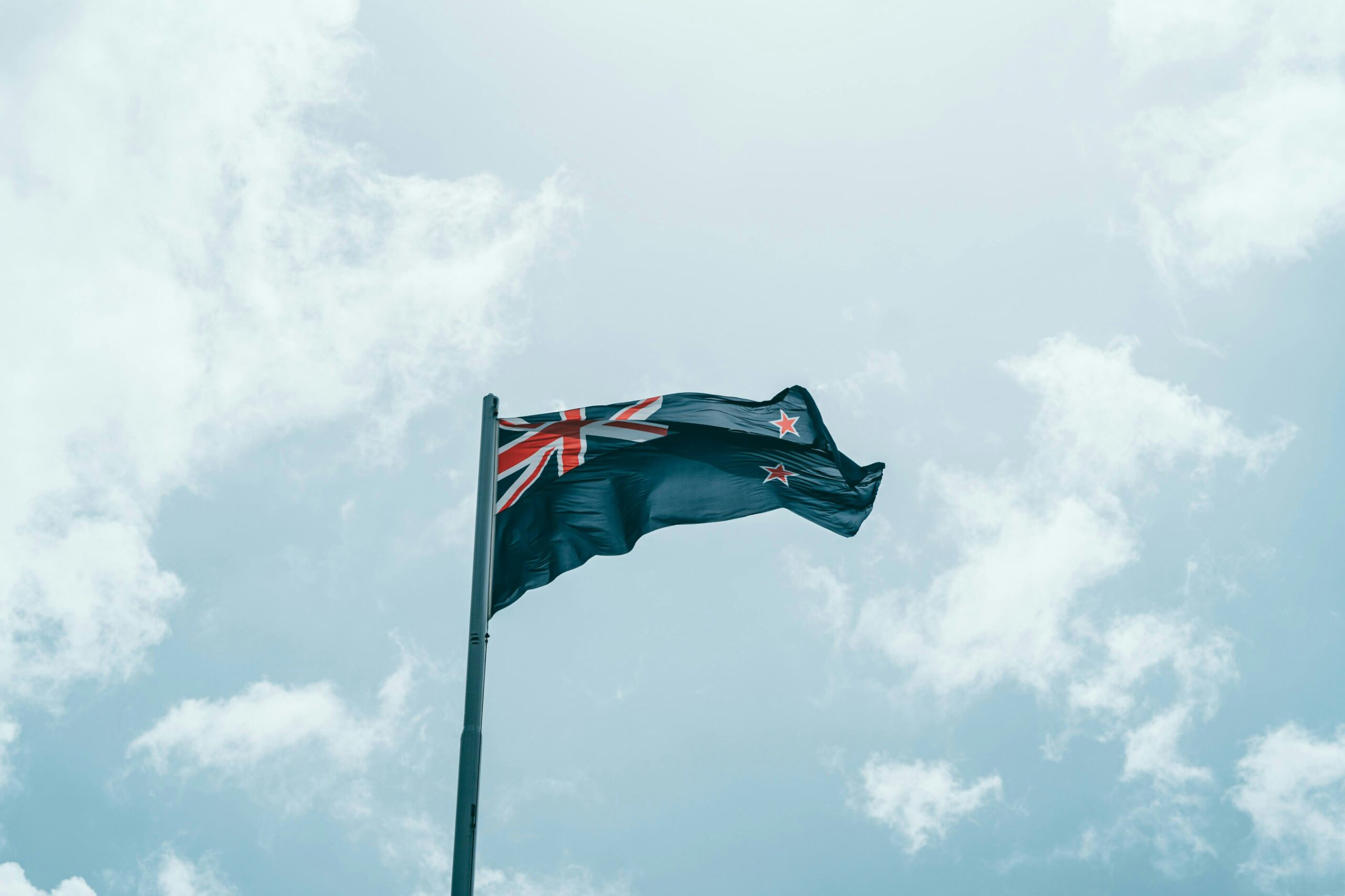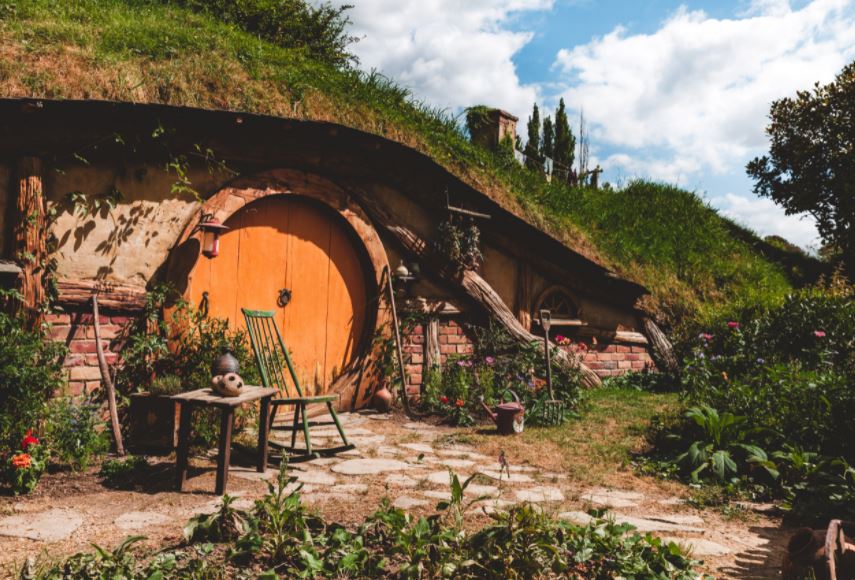If you plan to travel to New Zealand at any point in your life, look forward to a pretty good time. New Zealand may be a small country with a limited population, but it is still a very popular destination for travelers.
Whether you plan to explore the country on your own or join a group of other adventurers, you can rest assured that New Zealand will be a charming, enjoyable experience. It’s well developed, the people are friendly, and there’s plenty of natural beauty to give your social media some amazing updates.
However, traveling is hardly something that anyone can do at the drop of a hat. Other travelers you meet or read about may have some accounts of spontaneous visits to unspoiled and underrated tourist attractions or first-time visits to countries without doing their homework. However, this simply isn’t realistic for most folks.
IF you want to make the most of your trip to New Zealand or any other country, it pays to plan ahead a little. There might be some cultural gaffes, packing issues, or unnecessary mix-ups that you can avoid after conducting the proper research. This will make your travels smoother, more enjoyable, and hopefully more productive as well.
Without further ado, let’s now have a look at the top tips for traveling to New Zealand. You might want to read up on these and do some further research before booking your ticket or packing a bag:
1. Plan For Emergencies
Fortunately, New Zealand is a fairly safe place to travel. However, it is still essential to follow the general rules of traveling anywhere no matter where you’re going. Locking up your valuables, not roaming around alone at night, and learning about potentially dangerous areas are all important precautions you should make sure of as a traveler.
The general emergency number for New Zealand is 111. This will connect you to the police, the fire department, or ambulance services as needed. After calling, you will have to specify what service you want before getting to a dispatch operator. It is possible to choose more than one service if the situation calls for them.
Before making any plans, do think about the more minor emergencies and how you can handle them while traveling. A first-aid kit should always be in your bag, along with a good stock of any medication you’re on. Check out these unusual travel tips that actually work for more ideas.
2. Look Up i-SITEs
Every city and town in New Zealand has an i-SITE of its own. If tourists know about these, they can be a lifesaver. These sites have brochures, information, maps, and many important details about almost any location you might be at.
What’s more, when you find an i-SITE in a particular place, you may also expect an intercity bus to pull up at some point. The venue is also good for booking a ticket or tour the second you get there.
Even if you’re driving or have your own ride, an i-SITE is very useful for giving you guidance, travel info, advice, etc. It shouldn’t be easy to find the branch nearest you, and the center itself might be a sightseeing experience in itself. For instance, the i-SITE in Matamata on North Island has the outer appearance of a hobbit home.
3. Plan and Pack According to Season
The seasons in New Zealand are varied and very different from each other, so you probably want to schedule your trip around any extreme weather problems. For instance, summer in New Zealand is the best time for enjoying the greenery, coastlines, and water. For those who would like to go skiing and glacier-spotting, the winter months and mountains are probably their best bet. Mount Ruapehu (North) and Mount Cook (South) are the best options for skiing, while the glaciers are also a sight to remember.
Autumn is a stable, temperate time in New Zealand. You can enjoy the pleasant weather and mild temperatures, while also getting some great shots of the beautiful autumn foliage then. There aren’t likely to be any sudden shifts in this time period, which could be perfect for family vacations or peaceful getaways.
Interestingly, spring in New Zealand is probably when you want to avoid it if possible. This is the time when the winds and weather changes are unstable and potentially dangerous. If you do go to this country in the spring, be sure to get a windproof jacket for yourself and advise the rest of your group to do the same. You may also want to avoid traveling in areas where there’s danger of a landslide, or activities like sailing without the advice of a local guide.
No matter what season you decide to travel in, make sure to pack accordingly. The chilly months can be very comfortable if you don’t have the right layers of clothing.
4. Make Your Bookings Way in Advance
Even in its off season, New Zealand remains a popular destination for tourists from all over the world. If you’re not careful to book well in advance, there might be no proper accommodation left at all. No matter what you plan to do–relax in a hut, visit an eco-resort, or live it up at a festival–booking early is an absolute must.
You can also lower your traveling costs by opting for backpacking hostels instead of regular hotels. Airbnb or couchsurfing could also be viable options if you’re comfortable with them. Wellington, Christchurch, and Auckland are good areas for couchsurfing. However, Airbnb could be a bit on the expensive side.
5. Look Up Events, Festivals, Gigs, and More
If you are already making the effort and covering the expenses of traveling to New Zealand, it would be a pity if you missed the many events that take place there around the year. Many areas of the country have their own special festivals at different points during the year. These are fun, colorful, and memorable events that you definitely want to capture forever. They’re also a great way to learn about the local culture.
Before booking any tickets, go online and search up the places where you mean to go in New Zealand. There should be an extensive list of all the festivals, gigs, and other events as well as their planned dates. Here are just a few examples:
- A winter festival in Queenstown
- Both Christchurch and Auckland celebrate the Chinese New Year with Lantern Festivals
- If you enjoy music, there’s a Jazz festival in Tauranga around Easter time
- A Cuba Street Festival during the summer in Wellington
- The Maori Kai chain of festivals is a must for every tourist to New Zealand; they happen at different times of the year throughout the nation. These will give visitors the opportunity to sample some of the best dishes that the area has to offer
- The WOMAD festival is an award-winning event that brings together artists from all over the world to collaborate with each other. It is held at New Plymouth’s Brooklands Park and usually takes place in March
Most of these festivals are open to tourists, so you shouldn’t have any problem attending them. However, always remember to keep your valuables close to you or locked away in a safe place.
6. Plan Your Budget
New Zealand isn’t the cheapest country around, so a people budget is necessary before traveling. Even if your own home currency is faring better than the New Zealand dollar, prices are going up all around the world. If you have been to New Zealand in the past, be sure to take recent inflation into account. Look up the base prices of necessities as well as that of accommodation, transport costs, and other expenses.
It’s especially important to do your financial research before going to New Zealand, as it’s a relatively isolated place. Everything that they import has to go through a long process to get there. The prices are likely to be even higher, so be sure to factor in every expected expense and budget accordingly.
You can save a bit of money here and there; if you have to live in the country for some time, check out Pak’nSave, their cheapest supermarket. You can probably get a lot of ingredients here at a reasonable price to make some meals on your own. However, there are a lot of cheap cuisine options as well, so check out Zomato to see how much you can expect to spend at your nearest cafe or restaurant.
7. Choose Transport Carefully
There are several modes of transport available in New Zealand today, but they might not all suit your travel plans. Before you set out, make sure that your transport will fit your itinerary, traveling style, and other factors. If you’re looking for budget-friendly options, consider using intercity buses that connect almost every location in the country, which can be especially convenient for solo or small group travelers. Additionally, Tauranga hostels and accommodations offer easy access to transportation options, making it a great place to base your explorations in the region. However, be mindful that New Zealand’s winding roads can make travel times longer than expected, so planning your transportation carefully is essential for a smooth journey.
For instance, there are intercity buses connecting almost every location to each other. If you plan to travel solo or with a small group, these buses could be the most convenient option. However, they might pose an issue for very large groups or for someone who likes to maintain a bit of privacy and independence while traveling.
Traveling between the islands is also fairly straightforward. You have several chances each day to get on the ferry to and from Picton to Wellington. Once on land, you can technically rent a car and drive where you like. However, be sure to read the rules and get the rental company’s approval before taking the car from one island to another.
Driving is a good option if you want to travel to some scheduled areas or just want to strike out on your own terms. If you have the whole family or a decent-sized travel group, renting a charter bus might make more sense for that road trip.
However, keep in mind that the travel times could be much longer than expected. New Zealand is a country with many winding roads, so a seemingly short distance could take you a very long time to cover. Make sure to rest up before a long day of driving, and be very careful on the highways. They drive on the left side of the road in New Zealand, so brush up on the regulations if you’re used to the right side. Car crashes by tourists are unfortunately common in this country, so you might want to consider hiring a driver instead.
Conclusion
Places where you can travel in 2021 might be a bit limited now, but you can always plan for the future. New Zealand is an exciting yet safe destination that’s probably worth visiting at least once in your lifetime. Before you check this item off our bucket list, follow the tips above to make everything more memorable and enjoyable.


